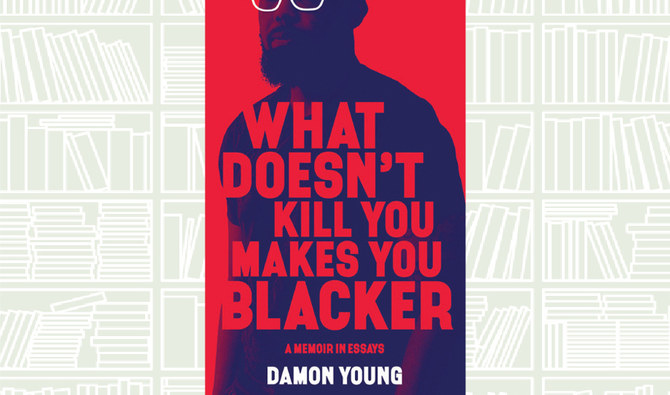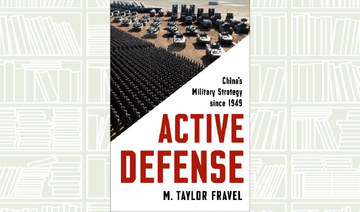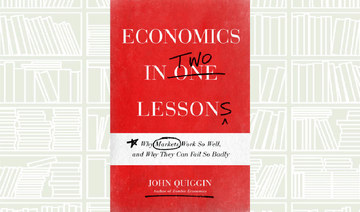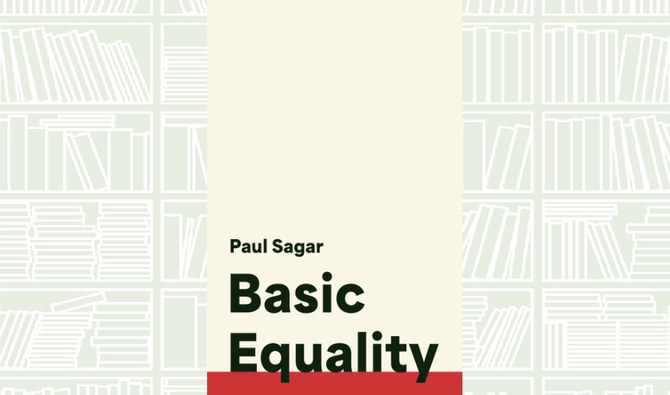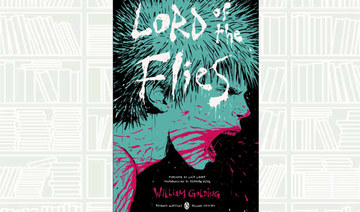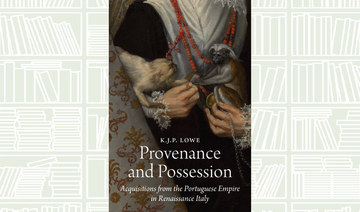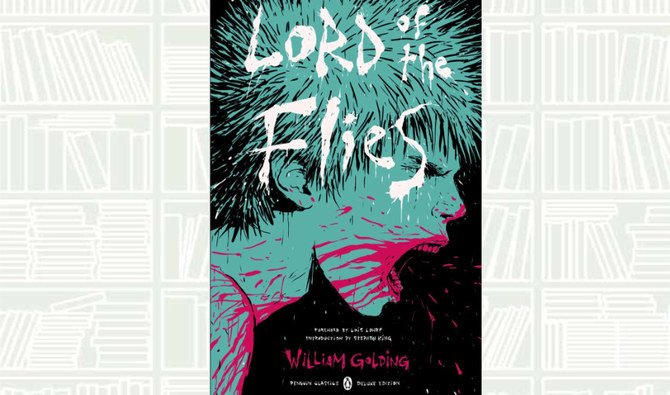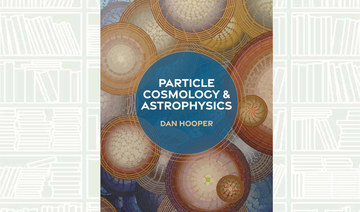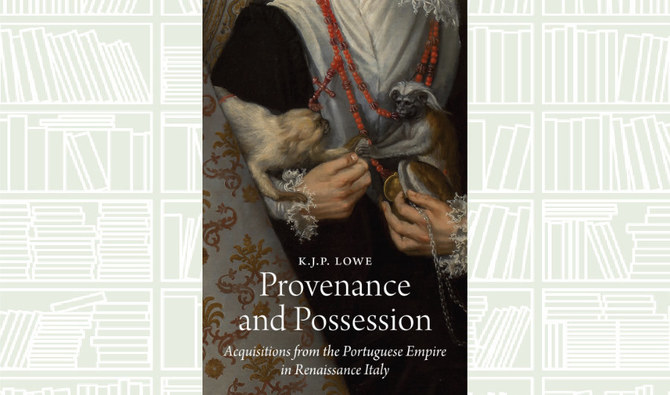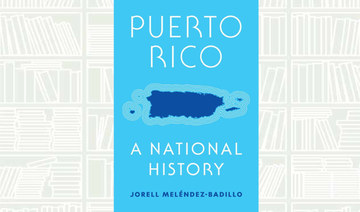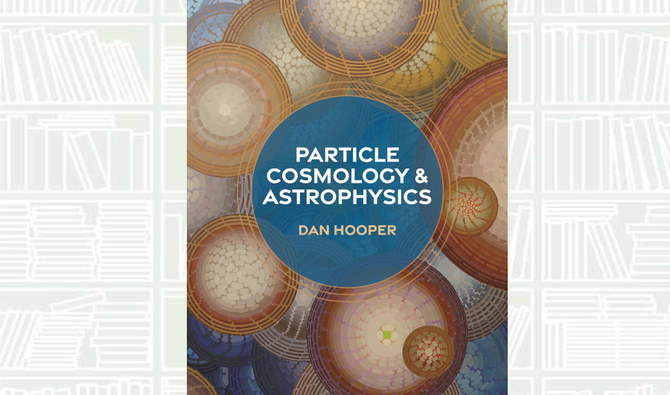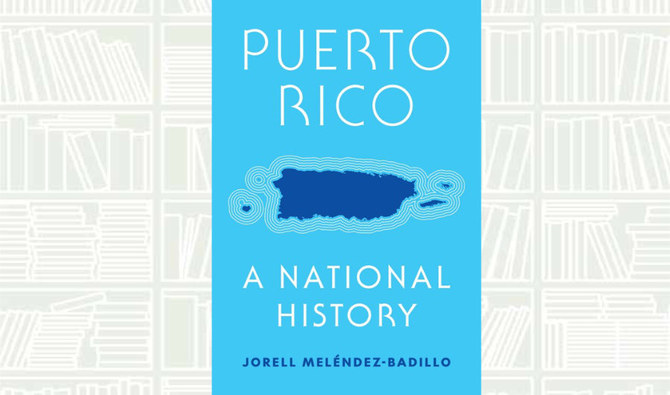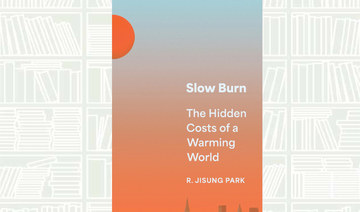What Doesn’t Kill You Makes You Blacker chronicles author Damon Young’s efforts to survive while battling and making sense of the various neuroses his country has given him.
In his debut collection, Young fires an admirable volley into the robust field of memoirs by black American men.
The book bridges his notable start as the co-founder and editor of the popular blog Very Smart Brothas and his most recent career as a cultural critic for mainstream publications.
“Like many young men who have publicly come of age during the black feminist theory era of popular culture, Young knows the right things to say. He knows that sex work can be predatory and that rape is violence and that heteronormativity is oppressive. Whether Young has figured out how to actually live these beliefs remains elusive,” Tressie Mcmillan Cottom said in a review published in The New York Times.
A review published in goodreads.com said: “A thoughtful look at what it means to be a black man in Pittsburgh and in America.
Surprisingly I related to much of his experience as my own as a man living in this city despite me coming from a privileged upbringing. There are pieces here that are humorous and others marked by poignancy.”



